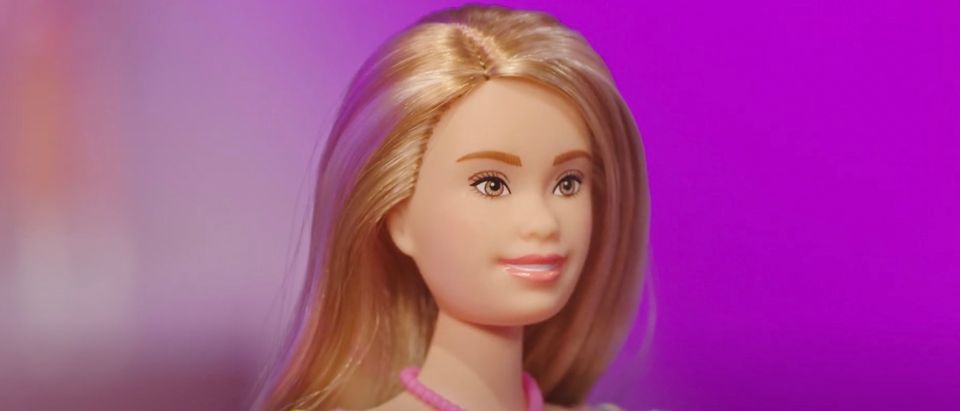Toy company Mattel announced the debut of the first-ever Barbie doll with Down syndrome on Tuesday, marking a new addition to the brand’s 2023 Fashionistas line, which celebrates diversity.
“Our goal is to enable all children to see themselves in Barbie, while also encouraging children to play with dolls who do not look like themselves,” Lisa McKnight, executive vice president and global head of Mattel’s Barbie & Dolls division, stated in a press release. (RELATED: Mattel Releases Susan B. Anthony Barbie Doll For Suffragette’s 200th Birthday)
“Doll play outside of a child’s own lived experience can teach understanding and build a greater sense of empathy, leading to a more accepting world. We are proud to introduce a Barbie doll with Down syndrome to better reflect the world around us and further our commitment to celebrating inclusion through play,” McKnight continued.
EXCLUSIVE: @Mattel unveils the first-ever Barbie doll with Down syndrome. https://t.co/J5yiIXH9LW
— Good Morning America (@GMA) April 25, 2023
Working closely with the National Down Syndrome Society (NDSS), Mattel worked to ensure the new doll celebrated individuals with Down syndrome and would immediately connect with the community, focusing their attention on the doll’s sculpt, clothing, accessories and packaging, the release stated.
“It was an honor working with Barbie on the Barbie doll with Down syndrome,” Kandi Pickard, NDSS president and CEO, stated in the release. “This means so much for our community, who for the first time, can play with a Barbie doll that looks like them.” (RELATED: Mattel Releases Maya Angelou Barbie Ahead Of Black History Month)
The doll has been crafted with a shorter frame and longer torso to be more “illustrative” of women with Down syndrome. Additionally, the face on the doll is rounder with a flatter nasal bridge and slightly slanted almond-shaped eyes, the release revealed. “The doll’s palms even include a single line, a characteristic often associated with those with Down syndrome,” the release continued.
The necklace the doll wears features three upward chevrons, representing the three copies of the 21st chromosome, the genetic abnormality that causes the characteristics associated with Down syndrome, the release explained. The Barbie also wears ankle orthotics, used by some Down syndrome children to help support their feet and ankles.
“This Barbie serves as a reminder that we should never underestimate the power of representation. It is a huge step forward for inclusion and a moment that we are celebrating,” Pickard continued in the release.


